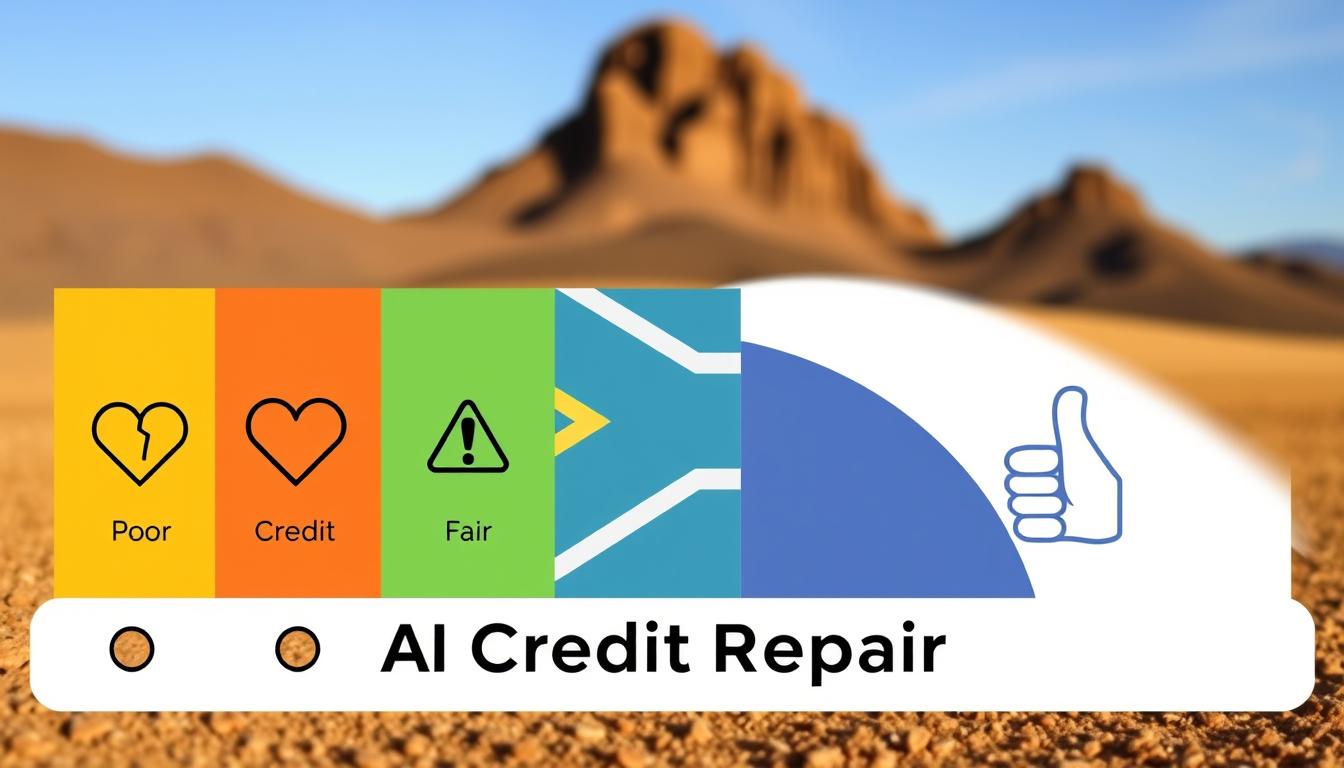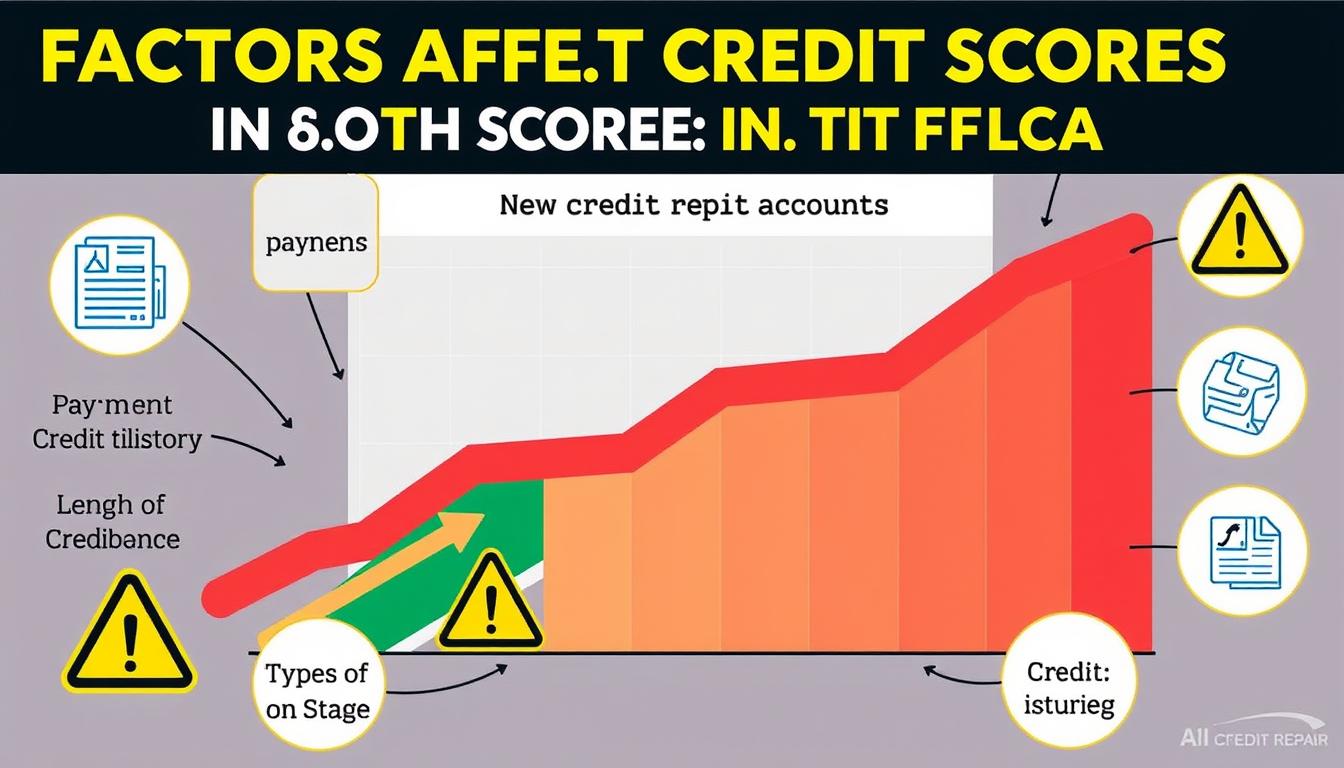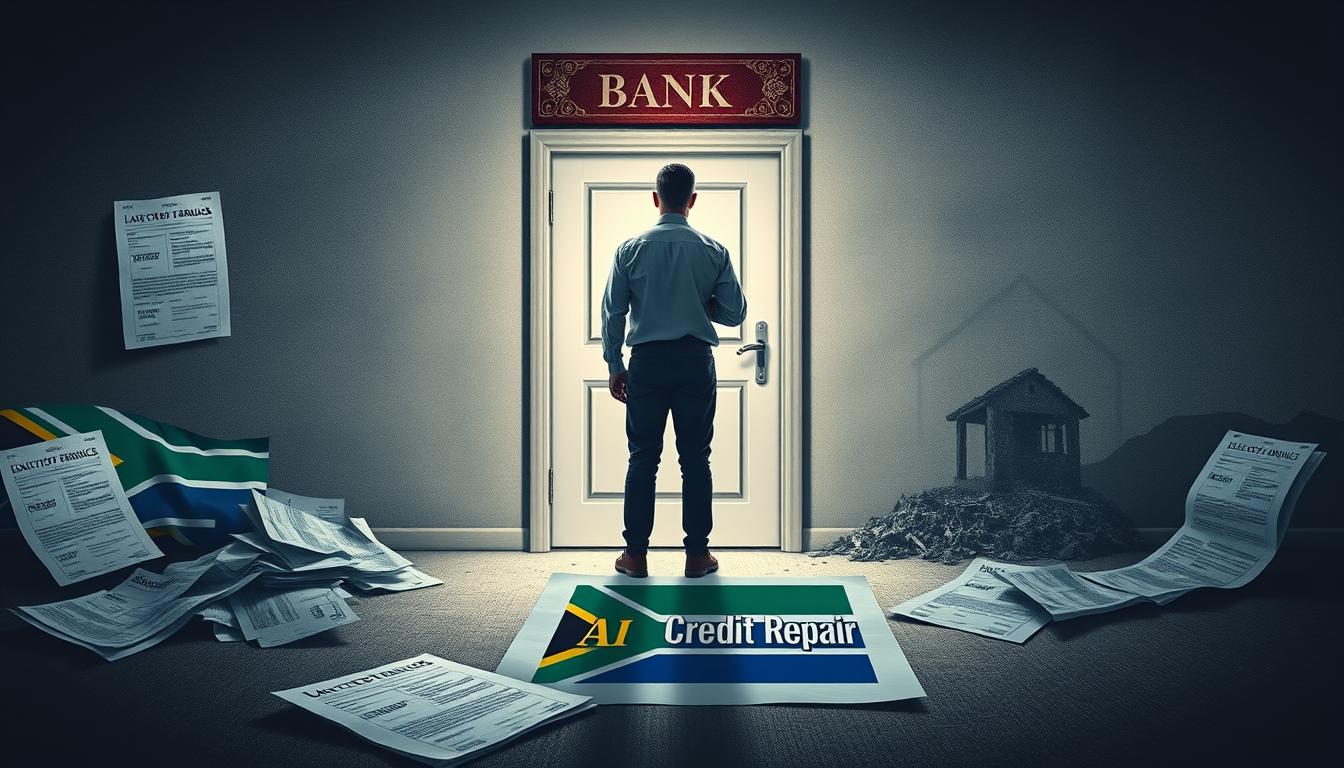Your credit score is vital in South Africa. It shows how well you handle money and pay debts. This number ranges from 300 to 850. A good score helps you get better loans and interest rates.
It can even boost your job prospects. Knowing what makes a bad score is key to good finances. It helps you maintain a strong financial standing.
Key Takeaways
- In South Africa, a credit score below 600 is generally considered a “bad” credit score.
- Factors like missed payments, high debt-to-income ratios, and a limited credit history can contribute to a poor credit score.
- A bad credit score can make it challenging to secure loans, credit cards, and even certain job opportunities.
- Improving your credit score involves building a positive credit history, reducing debt, and monitoring your credit reports regularly.
- Responsible borrowing and effective debt management strategies are essential to maintaining a healthy credit score in South Africa.
Understanding Credit Scores in South Africa
A credit score shows how trustworthy you are with money in South Africa. It’s based on your financial history. Lenders, landlords, and employers use it to judge if you’re reliable.
A good score opens doors to better money options. A bad one can cause problems. Your score can affect many parts of your life.
What Is a Credit Score?
Credit bureaus give you a number based on your money habits. They look at how you pay bills and use credit. Your score can be between 300 and 850.
Higher scores mean you’re less likely to miss payments. This makes lenders more willing to work with you.
Importance of Credit Scores
In South Africa, your credit score is key to financial decisions. Lenders use it to decide if they’ll give you loans or credit cards.
They also use it to set interest rates. Landlords and some bosses might check your score too. It shows how responsible you are with money.
| Credit Score Range | Credit Risk Level | Likelihood of Loan Approval |
|---|---|---|
| 800-850 | Excellent | Very High |
| 700-799 | Good | High |
| 600-699 | Fair | Moderate |
| 500-599 | Poor | Low |
| 300-499 | Very Poor | Very Low |

Keeping a good credit score is vital for smart money moves. It helps you get better deals on loans and credit cards.
Understanding credit scores in South Africa can help you improve your money situation. It’s a key step to reaching your financial goals.
Credit Scoring Ranges in South Africa
Credit scores are vital for South Africans in personal finance. These scores, ranging from 300 to 850, show creditworthiness. Lenders use them to decide on loans, interest rates, and credit limits.
South Africa’s credit scoring system offers a standard financial reliability check. A score between 700 and 850 suggests lower credit risk. This can lead to better lending terms.
Scores from 300 to 600 may make getting loans harder. It can also result in less favorable credit conditions.
| Credit Score Range | Creditworthiness |
|---|---|
| 800 – 850 | Excellent |
| 700 – 799 | Good |
| 600 – 699 | Average |
| 500 – 599 | Poor |
| 300 – 499 | Very Poor |
Knowing your credit score helps you understand your financial standing. It allows you to make smart choices to boost your creditworthiness. A strong credit score is key for good credit terms.

“A good credit score is the key to unlocking a world of financial possibilities in South Africa.”
What is a Bad Credit Score in South Africa?
In South Africa, a credit score shows how trustworthy you are with money. Scores range from 300 to 900. A score below 600 is considered bad.
Poor financial habits can lead to a low score. This can make it hard to get loans or good interest rates.
Factors That Contribute to a Bad Credit Score
Several things can hurt your credit score in South Africa. These include:
- Late or missed payments: Not paying bills on time can really damage your score.
- High debt-to-income ratio: Owing too much compared to what you earn looks risky to lenders.
- Bankruptcies: Declaring bankruptcy can harm your credit score for a long time.
- Limited credit history: New borrowers may struggle to build a good score at first.
Knowing these factors can help you improve your credit score. By addressing these issues, you can boost your financial standing.
Better credit opens up more opportunities. It can lead to better loan terms and financial options.

“A bad credit score in South Africa can have far-reaching consequences, making it more challenging to secure loans, obtain favorable interest rates, or even secure employment in some cases.”
Consequences of a Bad Credit Score
A poor credit score in South Africa can seriously impact your financial life. It can affect your ability to get loans, credit cards, or even rent an apartment. These effects can last for years, limiting your financial options.
Difficulty Securing Loans
South African lenders use credit scores to decide on loan approvals. People with bad credit scores often struggle to get loans. Lenders see them as high-risk borrowers.
This can make it hard to finance important purchases. Buying a new car or getting a home mortgage becomes challenging.
Higher Interest Rates
If you do get a loan with bad credit, you’ll likely face higher interest rates. This makes borrowing more expensive. You may find it hard to keep up with larger monthly payments.
These issues can create a cycle of financial difficulty. It becomes harder to improve your credit score and overall financial health.

“A poor credit score in South Africa can lead to missed opportunities and higher financial burdens, making it crucial for individuals to understand the importance of maintaining a healthy credit score.”
Improving a Bad Credit Score
Boosting a poor credit score in South Africa is achievable through smart financial choices. Timely payments, low credit card balances, and fewer credit applications can enhance creditworthiness. Debt consolidation and management strategies help regain financial control.
Responsible Borrowing Habits
Developing good borrowing habits is key to improving a bad credit score in South Africa. This includes:
- Making all payments on time, even if the minimum amount is paid
- Keeping credit card balances well below the maximum limit
- Limiting the number of new credit applications and inquiries
- Monitoring credit reports regularly to identify and address any discrepancies
Debt Consolidation and Management
Debt consolidation can significantly improve a bad credit score in South Africa. Combining multiple debts into one loan simplifies repayment and may offer lower interest rates.
A structured debt management plan shows credit bureaus your commitment to financial responsibility. This approach helps regain control of your finances and boosts your credit score.
“Improving a bad credit score in South Africa requires a combination of responsible borrowing habits and effective debt management strategies.”
These practices help South African consumers enhance their credit scores. They demonstrate financial responsibility and open doors to better lending terms in the future.
The Role of Credit Bureaus
Credit bureaus in South Africa manage and report credit information. They collect data on individuals’ credit histories to calculate credit scores. Understanding credit bureaus is crucial for managing your financial well-being.
TransUnion, Experian, and Compuscan are major credit bureaus in South Africa. They gather information on loan payments, credit card usage, and outstanding debts. This data helps generate credit reports and scores.
Your credit score reflects your credit history and financial responsibility. It affects your ability to get loans and credit cards. A good score opens doors to better financial opportunities.
A bad credit score can limit your access to credit. It may also lead to higher borrowing costs. Monitoring your credit report regularly can help you improve your creditworthiness.
Understanding credit bureaus empowers you to make informed decisions. By staying informed, you can take control of your financial future.
| Credit Bureau | Description |
|---|---|
| TransUnion | One of the leading credit bureaus in South Africa, providing comprehensive credit reports and credit scoring services. |
| Experian | A global credit reporting agency with a strong presence in the South African market, offering credit information and analytics. |
| Compuscan | A prominent credit bureau in South Africa, specializing in consumer credit information and risk management solutions. |
Credit Scoring Models Used in South Africa
Financial institutions in South Africa use various credit scoring models to assess creditworthiness. The VantageScore and FICO score are the most common. These models use different methods to evaluate financial history and risk.
The VantageScore, created by South Africa’s three major credit bureaus, offers a thorough credit evaluation. It considers payment history, credit use, credit mix, and credit history length.
Many South African financial institutions also use the FICO score. This model focuses on payment behavior, outstanding debt, and credit history duration. It generates a score reflecting overall creditworthiness.
Some South African financial institutions have developed their own credit scoring systems. These custom models may include additional data points. They align with the institution’s lending criteria and risk tolerance.
| Credit Scoring Model | Key Factors Considered | Typical Score Range |
|---|---|---|
| VantageScore | Payment history, credit utilization, credit mix, length of credit history | 300-850 |
| FICO Score | Payment behavior, outstanding debt, duration of credit history | 300-850 |
Knowing how these models work is vital for managing your creditworthiness. It helps you make smart financial choices in South Africa.
Industry-Specific Credit Score Requirements
Some industries in South Africa have unique credit score requirements. These standards affect loans and job opportunities. Understanding these requirements helps people improve their creditworthiness for better financial outcomes.
Banks may have strict credit score rules for loan approvals. They aim to reduce risk and ensure borrower reliability. Real estate also considers credit scores when evaluating tenants or buyers.
Knowing industry-specific credit expectations is crucial. It helps South Africans make smart financial choices. They can develop strategies to boost their creditworthiness and access more opportunities.
This knowledge empowers people to take action. They can improve their credit profiles proactively. Better credit scores open doors to resources for personal and professional growth.

